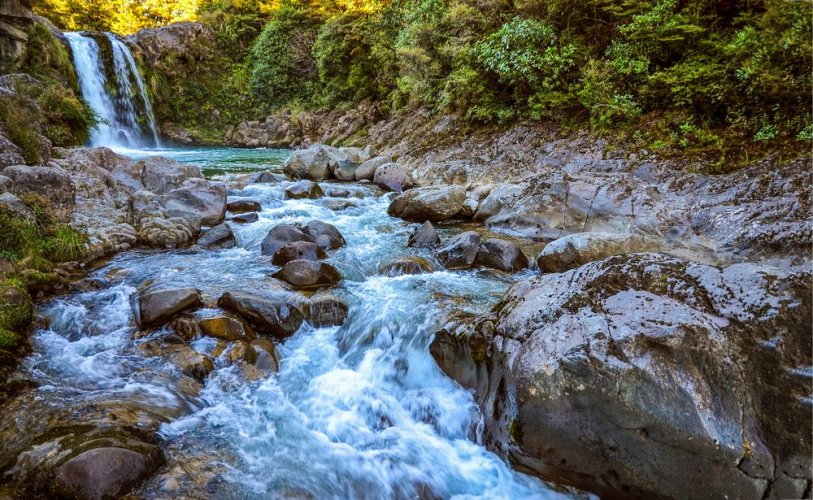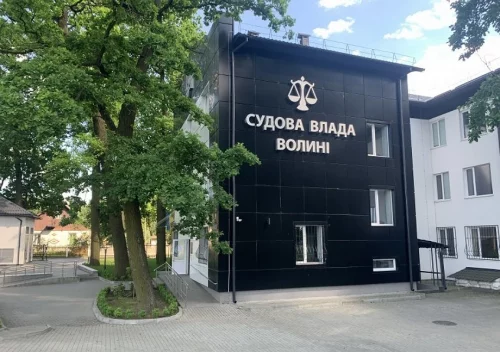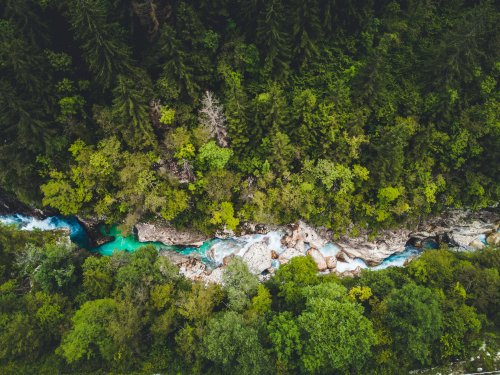In Poltava oblast, eco-activists criticized the regional program "Environment-2027", because some scientists who developed it refused their signatures after reading the final text.
However, the deputies of the regional council voted for this program, which will have 1 billion 320 million UAH of funding, reports Poltava Region.
Within 6 years, the planned funding of the program should consist of:
- from the state budget – 592 million 543 thousand UAH;
- from the regional budget – 553 million 236 thousand UAH;
- from local self-government budgets – UAH 175,086,000.
Deputies agreed on potential funding of UAH 316 million for air quality monitoring. The rest of the funds should be directed to a number of environmental protection measures related to water, land and forest resources.
According to the opinion of eco-activist Yelyzaveta Sachura, co-founder of the "Gromada Posullya", in pursuit of the distribution of budget funds with the subsequent quiet sale of washed sand, regional officials resorted to falsification
Disadvantages of the program on the example of the Sula River
UAH 53,900,000 should be allocated to restore and maintain the sanitary condition of the Sula River, of which UAH 10,800,000 are planned to be spent on the development of project documentation and environmental impact assessment.
Sachura noted that scientists who had already participated in the analysis of past projects for ecological improvement of the Sula River were extremely surprised by the measures proposed by the program, which have nothing to do with scientific approaches.
So the zoologist, doctor of biological sciences Oleksandr Zhukov and the head of the Committee on Nature Reserve Fund, Eco-Network and Conservation of Biodiversity of the Public Council of the Ministry of Environment, Vasyl Konishchuk, who participated in the development of the program, after reviewing the final version of the program, stated that the project is significantly different from the that they saw. Zhukov appealed to the developer with a recommendation to make changes to the program, and Konishchuk withdrew his review of the program, stating that it cannot be considered in this form at the session and needs significant revision.
According to Sachura, in private correspondence, scientists were sincerely surprised not only by the text of the program, which is far from science, but also by the possible falsification of documents by regional officials.
She explained that, in particular, scientists were confused by the proposed measures to clean up the Sula River. Such works in 2016-2018 led to the rise of water in one of the sections of the river, but in others it decreased significantly, and the water bloomed.
The "Environment-2027" program envisages the restoration of riverbeds destroyed by water flows (about 87) and the clearing of the riverbed in the area of the village. The 0.35-km-long Haivshchyna of the Lokhvytskyi district is aimed at increasing the depth in the channel, the volume of water within the floodplains, and improving the conditions for the existence of ichthyofauna.
"The experiments of regional officials and the regional council on the already shallow Sula will continue. I cannot say unequivocally, but it seems to me that such stubbornness is explained by two things: firstly, the "sprinkling" of budget funds on supposedly scientific research and direct work, and secondly, it is explained by an effort to quietly realize the sand washed from the river. Just as it happened in previous years. Perhaps, it is precisely such "broad perspectives" that push officials to the floor of reviewers' signatures," Sachura said.
She also added that the positive experience of European countries should be used to revitalize shallow rivers. Thus, in the fall of 2019, at a meeting of the scientific council at the State Water Agency, scientists explained that such rivers as Sula, Psel, and Udai cannot be cleaned up.
"Ideally, before developing the program, the same environmental department should contact the Basin Council of the Middle Dnieper (State Water Resources Agency of Ukraine) and offer to create the necessary program with the involvement of a kind of pool of specialists (geographers, geologists, ichthyologists, zoologists, etc.)" , the article says.
As a rule, such programs are designed for 30-50 years, because each river is an important component of a wider and more complex ecosystem. The revitalization of the river should be done as carefully as possible so as not to cause inevitable destructive processes in the ecosystem.
Today, rivers are most harmed by uncontrolled plowing of lands, in particular, in river valleys.
As EcoPolitic reported before, Ukraine joined the implementation of the international of the LIFE WILDisland project , to restore natural islands, floodplains and improve the hydrological regime of the Danube River.





